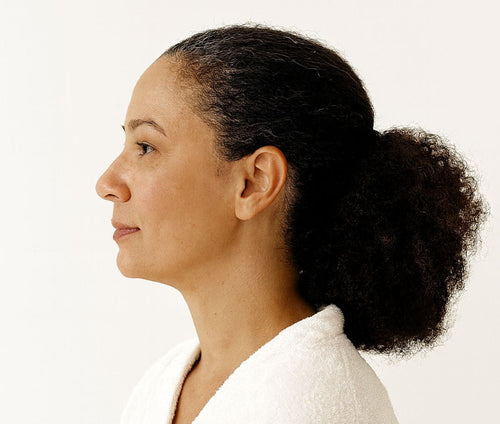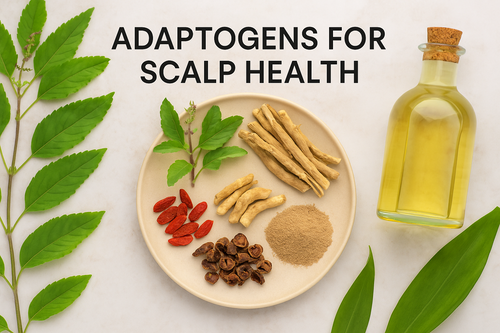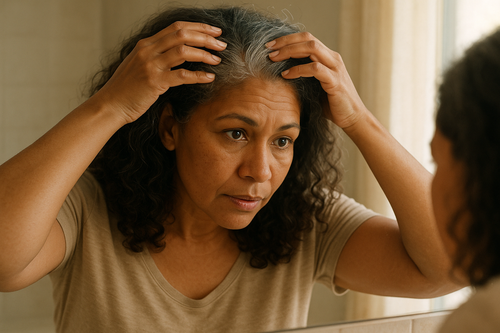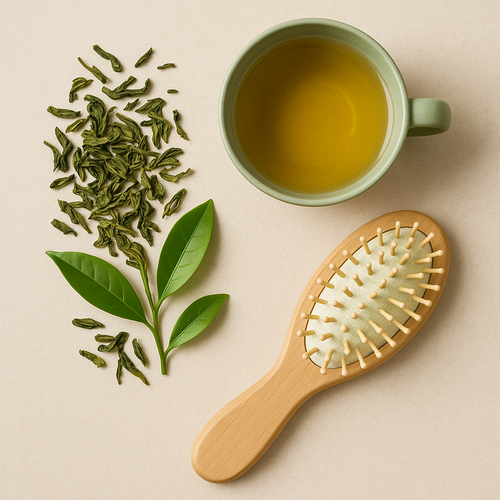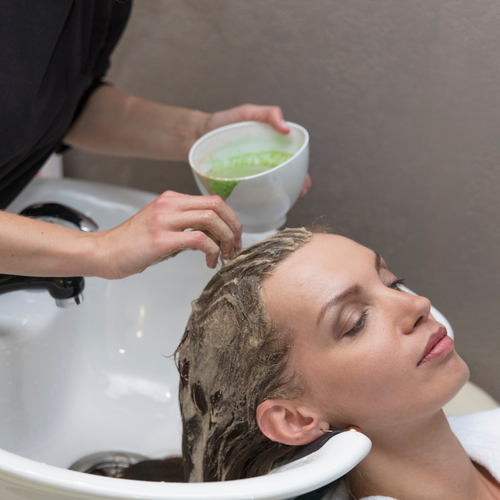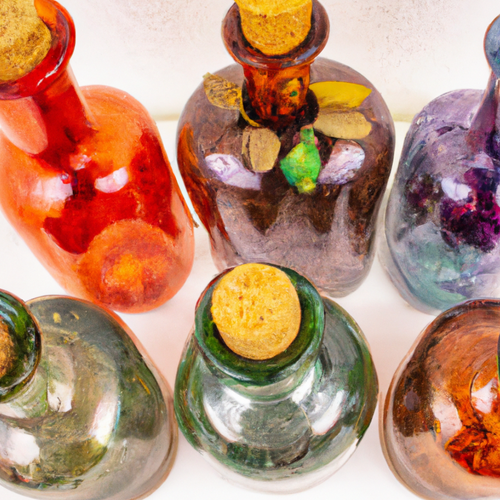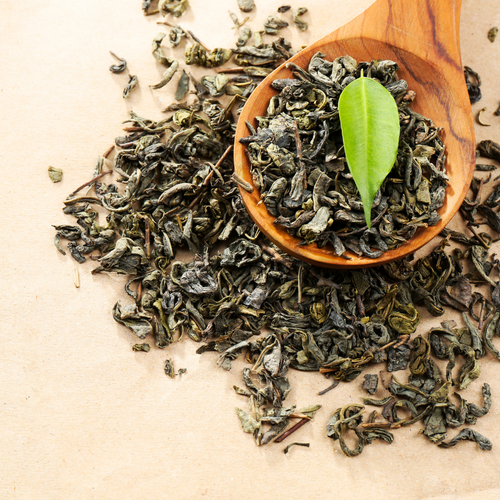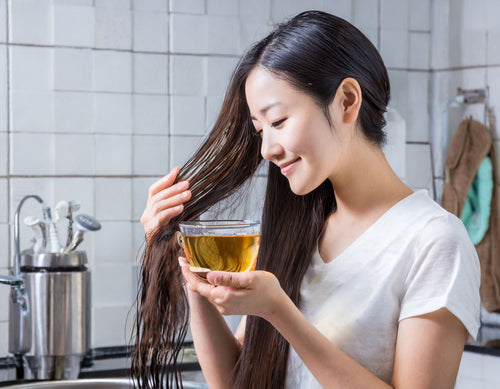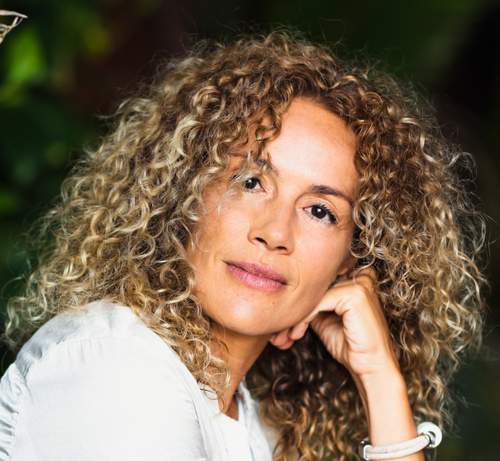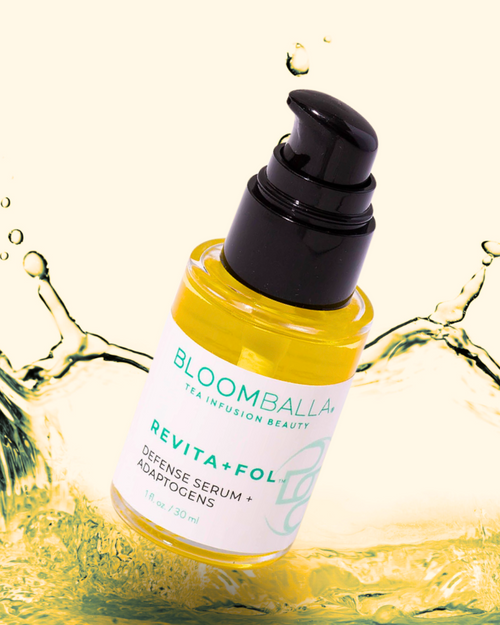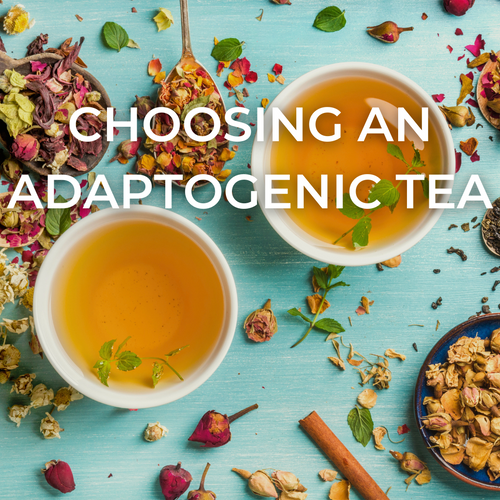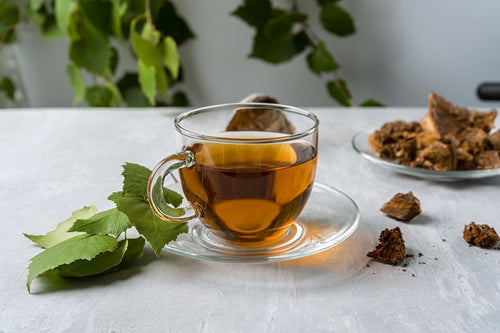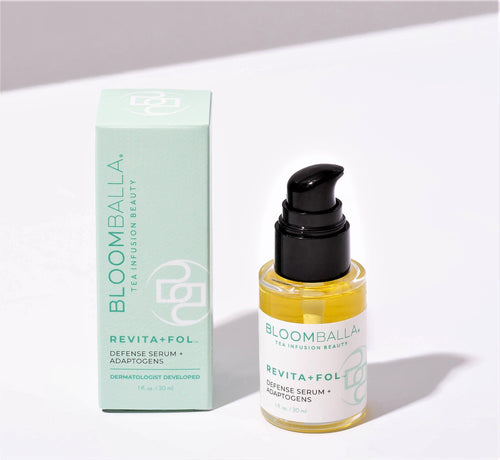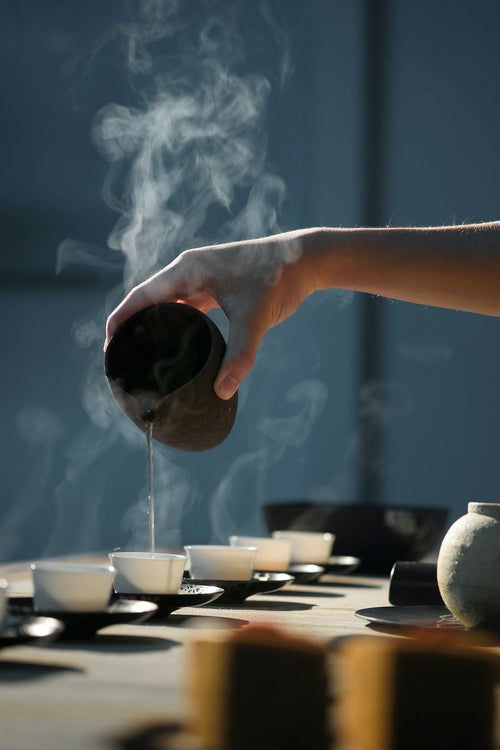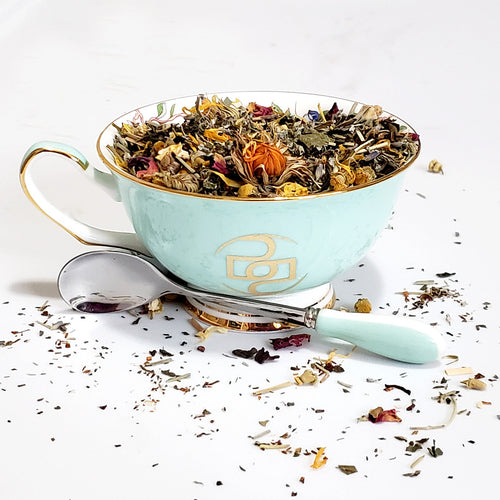In the search for natural solutions to combat hair loss, batana oil often comes up as a potential remedy. Known as the “liquid gold” of the rainforest, it’s prized in certain cultures for its conditioning properties. But does it hold up to scrutiny when it comes to hair regrowth? Let’s take an evidence-based look at batana oil for hair growth and explore natural and medical alternatives with more robust scientific support.
Batana Oil for Hair: Hype or Historical Remedy?
Batana oil has gained a reputation as a natural solution for hair health, thanks to social media, anecdotal testimonials, and its long history of traditional use by the Miskito people of Central America. Known as the “people of beautiful hair,” they’ve long relied on batana oil to maintain their locks.
But here’s the catch: While batana oil is rich in nutrients and offers excellent conditioning properties, there is currently no strong scientific evidence to support its role in regrowing hair.
That doesn’t mean it isn’t beneficial in a broader sense—it hydrates, smooths, and nourishes hair—but for individuals experiencing significant hair thinning or loss, there are better-supported options.
What is Batana Oil?
A Traditional Beauty Secret
Batana oil comes from the nuts of the American oil palm tree (Elaeis oleifera), native to Central and South America. Extracted and processed by hand, the oil is rich in fatty acids, vitamin E, and antioxidants, which makes it a powerful moisturizer and hair conditioner.
Its popularity has spread beyond its indigenous roots, with claims that it can repair damaged hair, reduce breakage, and restore a healthy shine. However, its reputation as a hair growth treatment remains largely unproven.
Can Batana Oil Regrow Hair?
Where’s the Evidence?
The simple answer: not much exists. While batana oil undoubtedly supports scalp hydration and helps protect hair from breakage, there’s no concrete scientific data confirming it can regrow hair or reverse hair loss.
That doesn’t mean it’s useless—hydrating the scalp and preventing breakage are essential for maintaining healthy hair. However, for regrowth, other natural remedies like rosemary oil and ashwagandha have more promising evidence behind them.

Benefits of Batana Oil for Hair
Even without strong evidence for hair regrowth, batana oil can still contribute to your haircare routine:
-
Deep Conditioning: Its high fatty acid content helps repair & hydrate dry hair.
- Scalp Health: Antioxidants support a healthier scalp environment.
- Improved Shine and Texture: It enhances hair’s natural luster.
Natural Treatment Options for Hair Loss
Proven Remedies with for Hair Loss
For those seeking natural solutions, certain botanicals and adaptogens have stronger evidence for supporting hair growth.

- Rosemary Oil:
A 2015 study found that rosemary oil was as effective as 2% minoxidil in promoting hair growth in patients with androgenetic alopecia (AGA), with fewer side effects. It improves blood circulation to the scalp, nourishing hair follicles.
- Ashwagandha:
This adaptogen reduces cortisol levels, helping to combat stress-related hair loss.
Studies suggest ashwagandha improves the hair growth cycle and strengthens follicles.
- Saw Palmetto:
Known for its ability to block DHT, a hormone linked to hair thinning, saw palmetto is commonly used in natural hair loss treatments.
- Peppermint Oil:
A 2014 study showed that peppermint oil increased hair thickness and the number of hair follicles in mice, suggesting its potential as a growth stimulant.
- Green Tea Extract:
Rich in polyphenols, green tea can reduce inflammation and promote scalp health and support growth.
Medical Treatment Options for Hair Loss
For those seeking clinically proven treatments, these medical options offer more substantial evidence:
- Minoxidil:
FDA-approved for hair growth, minoxidil is applied topically and may work in part by increasing blood flow to hair follicles.
- Steroid Treatments:
Topical or injectable steroids can address autoimmune-related hair loss, such as alopecia areata.
- Platelet-Rich Plasma (PRP):
PRP uses your blood’s growth factors to stimulate dormant hair follicles.
- Finasteride:
A prescription oral medication that reduces DHT levels, primarily for male-pattern baldness.
- Low-Level Laser Therapy (LLLT):
This non-invasive treatment uses light to stimulate hair follicles and improve hair density.
How to Use Hair Oil Effectively
Tips for Optimal Results
If you want to use batana oil or other oils for scalp health, there are several options:
1. Pre-Shampoo Treatment: Warm the oil slightly and massage it into your scalp. Leave it in for 30 minutes before washing.
2. Add to Your Routine: Use it in conjunction with products with studied ingredients like rosemary and ashwagandha, to combine hydration with hair growth benefits.
3. Consistency is Key: Regular application matters—use 2–3 times per week.
Frequently Asked Questions About Batana Oil for Hair Growth
Can batana oil regrow hair?
There’s no scientific evidence supporting its ability to regrow hair, though it can improve scalp health and hair texture.
Is batana oil safe for everyone?
It’s generally safe but may cause irritation in individuals with nut allergies. Always do a patch test before use.
What natural solutions work better for hair growth?
Ingredients like rosemary oil, ashwagandha, and saw palmetto have more robust scientific backing for promoting hair growth.



